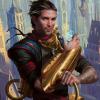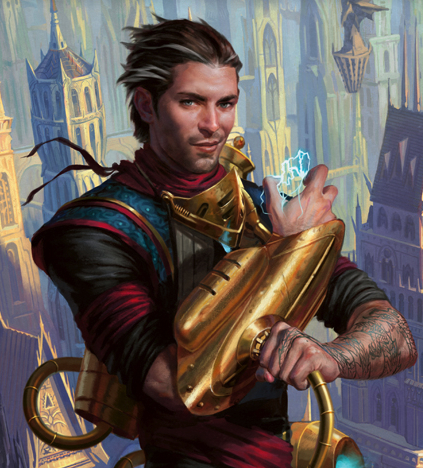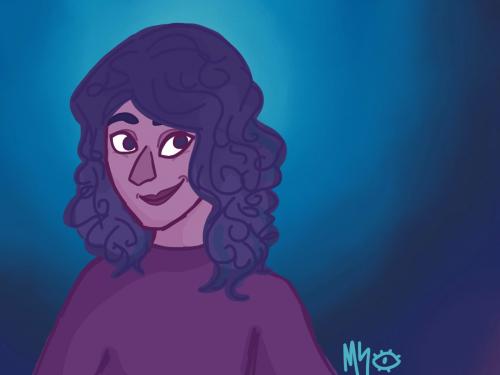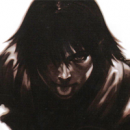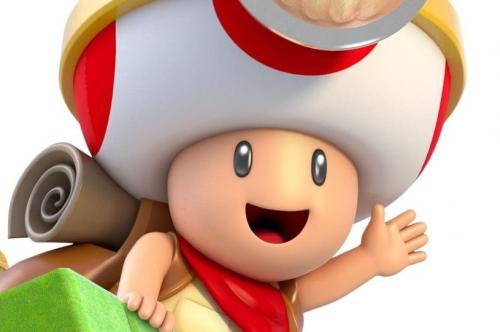Reviving thread in 3...2...1...
Majora's Mask may not be as focused on Link finding Navi or him specifically saving the Skull Kid from the influence of Majora's Mask. There was an article I read a while ago that really hits the theme of this game right on the head. (http://www.zeldauniv...rtal-childhood/)
Majora's Mask is about accepting the passage of time and growing up.
The Skull Kid hung out with the four giants pretty regularly, grew very close to them until the day they had to return to the corners of Termina. This was a very traumatic event for Skull Kid, given the nature of his existence being that of a damned soul who got lost in the woods one day and never came back. He had Tatl and Tael of course but ultimately he'd missed his friends miserably. So he steals Majora's Mask from the Happy Mask Salesman and puts the wretched thing on, the evil of the mask quickly identifies the hole in his heart and uses it to manipulate the darkness within Skull Kid to doing what it wants him to do, which is to bring destruction down on the world via Moonfall.
Meanwhile, Link leaves Hyrule to search for Navi (yes, she up and left and he too was rather distraught about the whole thing) because he had saved Hyrule already in the future past. But of course, he doesn't get credit for all of that because it was a different timeline, so Link is once again stuck with the limitations of being a kid despite everything he did. That, combined with everything else must have been miserably frustrating for him to deal with.
And then we have the three day cycle itself. The same days over and over, complete with earth-shattering apocalypse that ends everything in fire. Why the cycle? Because for Link, who laments being the hero no one remembers has to suffer this groundhog day scenario where everything his does within that short amount of time is forgotten over and over again, leaving him more and more frustrated with his age and how he just wants to grow up and be the hero he was again. And of course, it's the only way to stop Majora's Mask from ending the world. Now why is he ending the world? Because he's taking the wishes of Skull Kid and distorted to no end. Skull Kid wants his friends back, he wants things to go back to the way they are. But more than that, he doesn't want anything to change. He doesn't want to go on another day where things are different and he has to grow up. So for Majora, if the world ends then Skull Kid doesn't have to face the future without his friends. There won't be a future to speak off.
But with the influences of the people of Termina and the transformation masks of the Deku, Goron and Zora heroes, Link is able to bring peace to their spirits and take on the long aimed for role of hero he once had in the Future Past timeline in the last game. He solved the problems of each domain within Termina and helps bring peace to the land to summon the giants. Not only that, but he deals with the problems of the people of Clock Town. Kafei and Anju, the Romani Sisters, etc. They all have concerns and worries that Link himself becomes attached to and he sees time and time again what happens to all of them if he can't save them. Despite being a kid again and not having the same power he might of had in Ocarina of Time as an adult, he grows up. Perhaps maybe his views of being a hero, growing up and getting back what it was he lost at the end of OoT change. For the better I imagine.
So when Link is ready to grow up and move on, he has to face Majora who is using Skull Kid's inability to move on to fuel his chaotic designs. The last illusions Skull Kid has through the power of the mask are shattered when he is abandoned by the Mask and is once again left alone. So good and evil clash inside the moon itself and Link defeats the evil that was possessing Skull Kid and threatening the world. At the end of it, Skull Kid comes to terms that despite not seeing the giants anymore didn't mean they stopped being friends. Partings are a natural occurrence in life, but friendships still remain regardless. Time can move freely again and the cycle is broken. And for Link, who you'd think must have given up on finding Navi after all this, is given a very encouraging message from the Happy Mask Salesman: "Whenever there is a meeting, a parting is sure to follow. However, that parting need not last forever. Whether a parting be forever or merely for a short time… that is up to you." It's not bad for him to look for Navi, it's not impossible for him to reunite with her and no goodbye has to be forever. It a very hopeful message.
To summarize everything, I think that there is some truth in both arguments. Link's initial motivations come from seeking his friend Navi, who might have represented a part of his life that he just wanted to get back. Be it his glory as the Hero of Time or maybe the childhood he had before with the Kokiri. And after learning the importance of moving on and being a grown-up, he begins to see Skull Kid's problems as very similar issues to his own. He began to emphasize with the poor guy because he was going through very similar stuff. That's why it was so important to save him. Not just because of the oncoming disaster but because maybe they were kindred spirits. It seems that they did meet each other in the previous game but I don't think their relationship was much more than player character and NPC Heart Piece dispenser.
So yeah, thoughts?


